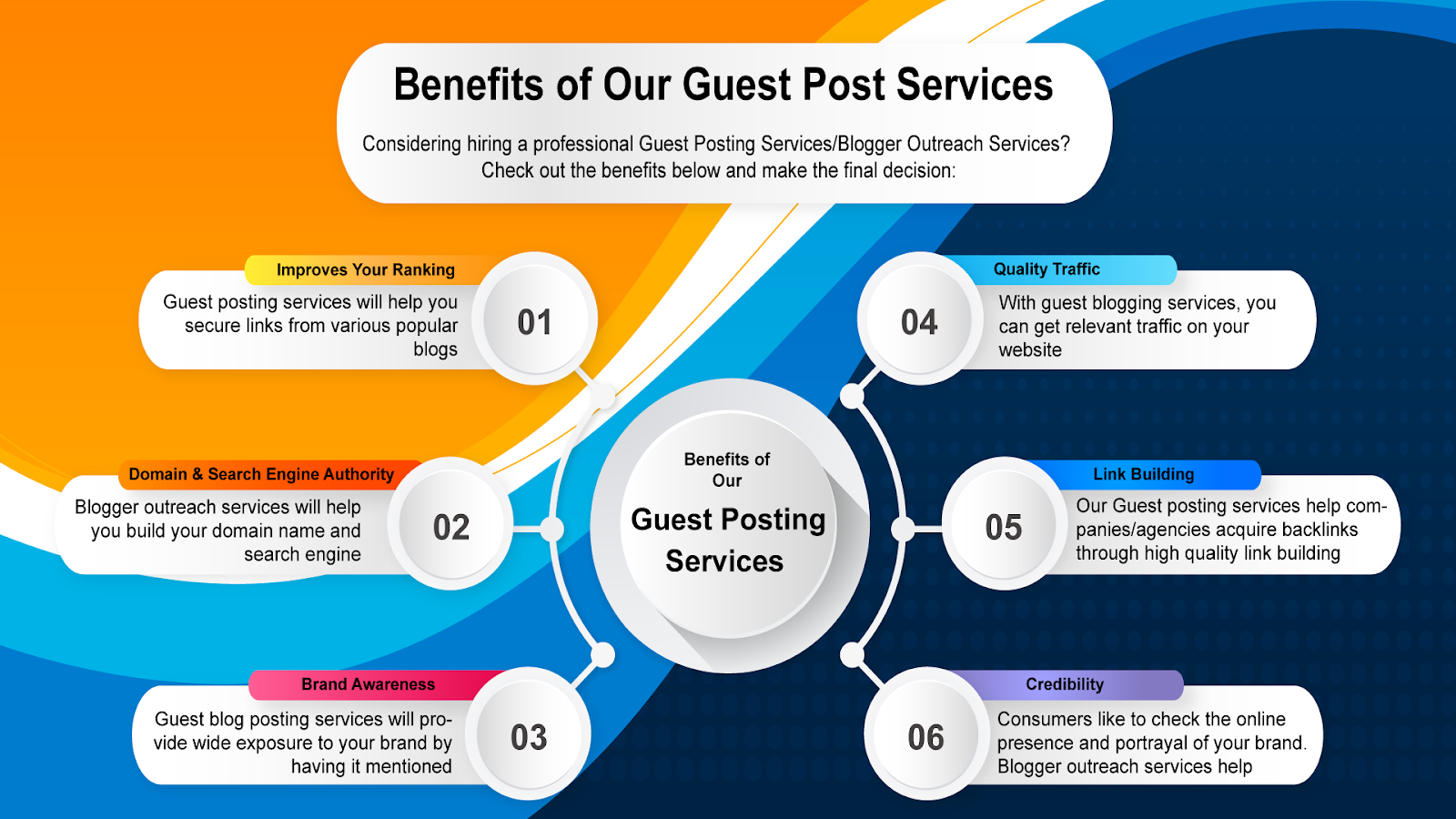Tips for a Better Life
Are you tired of searching for effective fitness tips that actually work and can be incorporated into your daily routine? Look no further! Welcome to 'Fitness Tips For Life,' your ultimate guide to achieving a healthier and more active lifestyle.
Living a healthy and fulfilling life is a goal that many of us strive for. One of the key components of achieving this goal is maintaining a fit and active lifestyle.
Fitness not only helps us improve our physical health but also has a positive impact on our mental well-being. In this comprehensive guide, we will explore various tips and strategies that can assist you in your fitness journey and lead you to a better life.
1. Why Fitness Matters
Fitness plays a vital role in our overall well-being. Regular exercise and physical activity help improve cardiovascular health, strengthen muscles and bones, and increase flexibility. It also enhances our immune system, boosts energy levels, and promotes better sleep. Engaging in fitness activities can reduce the risk of chronic diseases such as obesity, diabetes, and heart conditions.
2. Setting Your Fitness Goals
To embark on a successful fitness journey, it is crucial to set clear and achievable goals. Identify what you want to accomplish, whether it's weight loss, building muscle, improving endurance, or simply enhancing your overall fitness level. Set specific, measurable, attainable, relevant, and time-bound (SMART) goals that align with your aspirations.
3. Creating a Workout Routine
Developing a consistent workout routine is essential for making progress. Schedule regular exercise sessions that include a mix of cardiovascular exercises and strength training. Aim for at least 150 minutes of moderate-intensity aerobic activity or 75 minutes of vigorous activity per week, along with two or more days of strength training exercises.
4. Balancing Cardiovascular and Strength Training
Cardiovascular exercises such as running, cycling, swimming, or brisk walking improve heart health and burn calories. Strength training, on the other hand, helps build lean muscle mass and increases metabolism. Find the right balance between the two to maximize the benefits of your workouts.
5. The Importance of Nutrition
Nutrition plays a crucial role in supporting your fitness goals. Consume a well-balanced diet rich in fruits, vegetables, whole grains, lean proteins, and healthy fats. Fuel your body with the right nutrients to optimize performance, aid in muscle recovery, and maintain overall health.
6. Hydration and its Role in Fitness
Staying hydrated is essential for optimal physical performance. Drink an adequate amount of water throughout the day, especially during exercise, to prevent dehydration. Hydration helps regulate body temperature, lubricate joints, and transport nutrients to cells.
7. Mental Well-being and Fitness
Physical fitness goes hand in hand with mental well-being. Regular exercise releases endorphins, which are known as "feel-good" hormones, and reduces stress and anxiety. It promotes better cognitive function, improves mood, and boosts self-confidence.
8. Incorporating Mindfulness and Stress Management
In addition to exercise, incorporating mindfulness practices such as meditation or yoga can enhance your fitness journey. These practices help reduce stress, increase self-awareness, improve focus, and promote a sense of calm and balance.
9. The Power of Rest and Recovery
Rest and recovery are vital for allowing your body to repair and rejuvenate. Adequate sleep, typically 7-9 hours for adults, is essential for muscle recovery, hormone regulation, and overall well-being. Incorporate rest days into your workout routine to prevent overtraining and minimize the risk of injuries.
10. Staying Motivated and Overcoming Challenges
Maintaining motivation throughout your fitness journey can be challenging. Set short-term milestones to celebrate your progress, reward yourself for achieving goals, and find a support system to keep you motivated. Overcome challenges by embracing a positive mindset and focusing on the long-term benefits of your efforts.
11. Tracking Your Progress
Tracking your progress allows you to monitor your achievements and make necessary adjustments to your fitness routine. Keep a journal, use fitness apps or wearable devices to record your workouts, measure your performance, and track your nutrition. Seeing your progress can boost motivation and help you stay on track.
12. Seeking Professional Guidance
If you're new to fitness or looking to take your workouts to the next level, consider seeking professional guidance. A certified personal trainer or fitness coach can provide expert advice, create personalized workout plans, and ensure proper form and technique to prevent injuries.
13. Embracing a Holistic Approach
Fitness is not just about physical exercise; it encompasses various aspects of your life. Embrace a holistic approach by nurturing your relationships, practicing self-care, managing stress, and finding activities you enjoy outside of structured workouts. Strive for balance and overall well-being.
14. Overcoming Plateaus and Pushing Your Limits
During your fitness journey, you may encounter plateaus where progress becomes stagnant. To overcome plateaus, challenge yourself by trying new exercises, increasing the intensity or duration of your workouts, or seeking guidance from a fitness professional. Pushing your limits can lead to breakthroughs and continued growth.
15. Celebrating Your Achievements
Finally, celebrate your achievements along the way. Acknowledge the milestones you've reached, whether it's completing a challenging workout, reaching a specific weight or fitness goal, or adopting healthier habits. Reward yourself and use these moments of celebration to reinforce your commitment to a better and healthier life.
Note: Embarking on a fitness journey is a transformative experience that can lead to a better life. By following the tips and strategies outlined in this guide, you can create a sustainable fitness routine, improve your physical and mental well-being, and achieve your fitness goals. Remember, fitness is a lifelong commitment, so embrace the journey, stay motivated, and enjoy the numerous benefits it brings.
Frequently Asked Questions (FAQs)
1. How often should I exercise to maintain fitness? To maintain fitness, aim for at least 150 minutes of moderate-intensity aerobic activity or 75 minutes of vigorous activity per week, along with strength training exercises two or more days a week.
2. Can I achieve my fitness goals without changing my diet? While exercise is essential for fitness, proper nutrition plays a significant role in achieving your goals. A well-balanced diet supports your workouts, aids in muscle recovery, and promotes overall health.
3. How do I stay motivated during challenging times? Maintain motivation by setting short-term milestones, rewarding yourself for achievements, finding a support system, and focusing on the long-term benefits of your efforts. Embrace a positive mindset and seek inspiration from others who have achieved similar goals.
4. How can I overcome a fitness plateau? To overcome a fitness plateau, challenge yourself by trying new exercises, increasing workout intensity or duration, seeking guidance from a professional, and staying consistent with your routine.
5. What is the importance of rest and recovery in fitness? Rest and recovery are crucial for allowing your body to repair, rebuild, and prevent overtraining. Adequate sleep and rest days are essential for muscle recovery, hormone regulation, and overall well-being.






